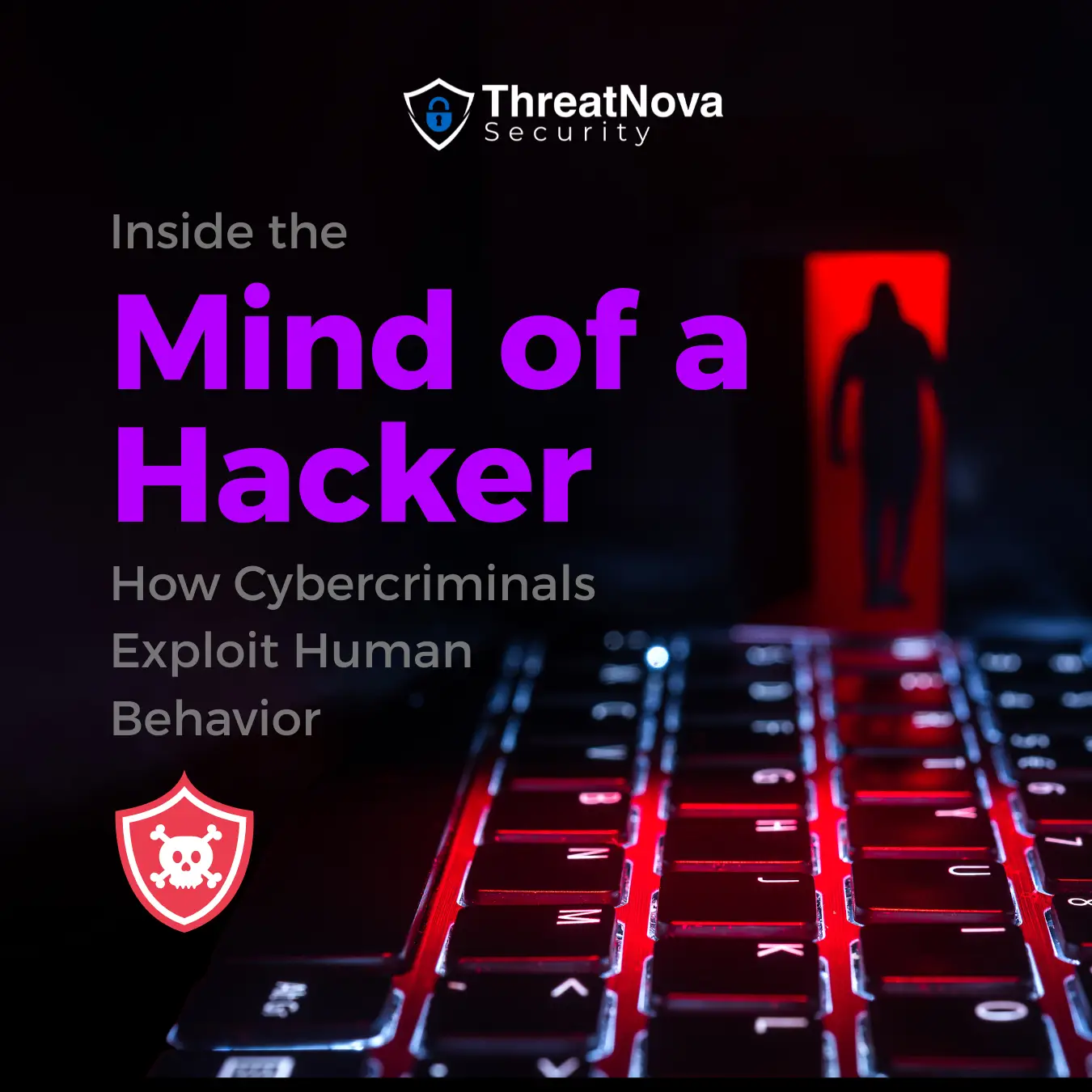In the ever-evolving world of cybersecurity, one fact remains alarmingly constant: the human mind is often the weakest link in any security system. While firewalls, encryption, and AI-powered threat detection systems guard our digital infrastructures, cybercriminals increasingly turn to manipulating human psychology to breach them. Understanding the mindset and strategies of these malicious actors is the first step in fortifying our defenses.
The Hacker’s Psychological Toolkit
Hackers don’t always rely on technical exploits. Many rely on social engineering, a tactic that manipulates individuals into revealing confidential information or performing actions that compromise security. These strategies include:
- Phishing: Masquerading as a trusted entity via email, text, or even phone calls to trick individuals into clicking malicious links or providing credentials.
- Pretexting: Creating a fabricated scenario (e.g., pretending to be IT support) to extract sensitive data.
- Baiting: Leaving infected USB drives in public places, enticing curious users to plug them into their devices.
- Quid Pro Quo: Offering a service or benefit (like a fake software upgrade) in exchange for access or information.
Cybercriminals know that urgency, authority, and curiosity are powerful levers of human behavior. By creating a sense of emergency or exploiting trust, they bypass even the most advanced technical safeguards.
Real-World Examples
- In 2020, a phishing campaign impersonated Microsoft and tricked thousands into revealing their Office 365 credentials, resulting in data breaches across multiple industries.
- In one penetration test, a cybersecurity firm dropped 20 USB drives outside a corporate office. Over 60% were plugged in by employees, giving simulated attackers access to internal systems.
Why Human Behavior Is Vulnerable
- Cognitive Biases: Humans often rely on mental shortcuts or assumptions, which hackers exploit.
- Lack of Awareness: Many individuals remain unaware of common cyber threats.
- Overconfidence: Believing “it won’t happen to me” leads to risky online behavior.
- Information Overload: In a world full of notifications and alerts, people become desensitized and click without thinking.
Defending Against Psychological Attacks
- Security Awareness Training: Regular, engaging training that simulates real-world attacks.
- Phishing Simulations: Testing employees with fake phishing attempts to build vigilance.
- Multi-Factor Authentication (MFA): Adds a critical layer of defense even if credentials are compromised.
- Clear Reporting Mechanisms: Empowering employees to report suspicious behavior without fear.
- Building a Cyber-Savvy Culture: Encourage curiosity and skepticism over blind trust.
How ThreatNova Security Can Protect Your Organization
At ThreatNova Security, we help organizations strengthen their human firewall through cutting-edge, behavior-focused cybersecurity solutions:
- Human Risk Scoring: Identify employees most at risk of social engineering attacks and tailor interventions.
- Simulated Phishing Campaigns: Empower your team to spot and avoid the latest cyber threats.
- Micro-Learning Modules: Bite-sized, engaging training personalized for individual risk profiles.
- Real-Time Reporting and Analytics: Gain actionable insights into your organization’s human risk exposure.
- Executive Dashboards: Prioritize cybersecurity investments with clear visibility into workforce vulnerabilities.
Conclusion
Cybersecurity is no longer just a technical battle; it’s a psychological one. As cybercriminals continue to exploit the human element, businesses and individuals must evolve their defenses accordingly. By getting inside the mind of a hacker and understanding their strategies, we can turn the tables—and make human behavior a line of defense, not a liability.
Partnering with ThreatNova Security means turning the human factor from a security weakness into your strongest defense.

Leave a Reply